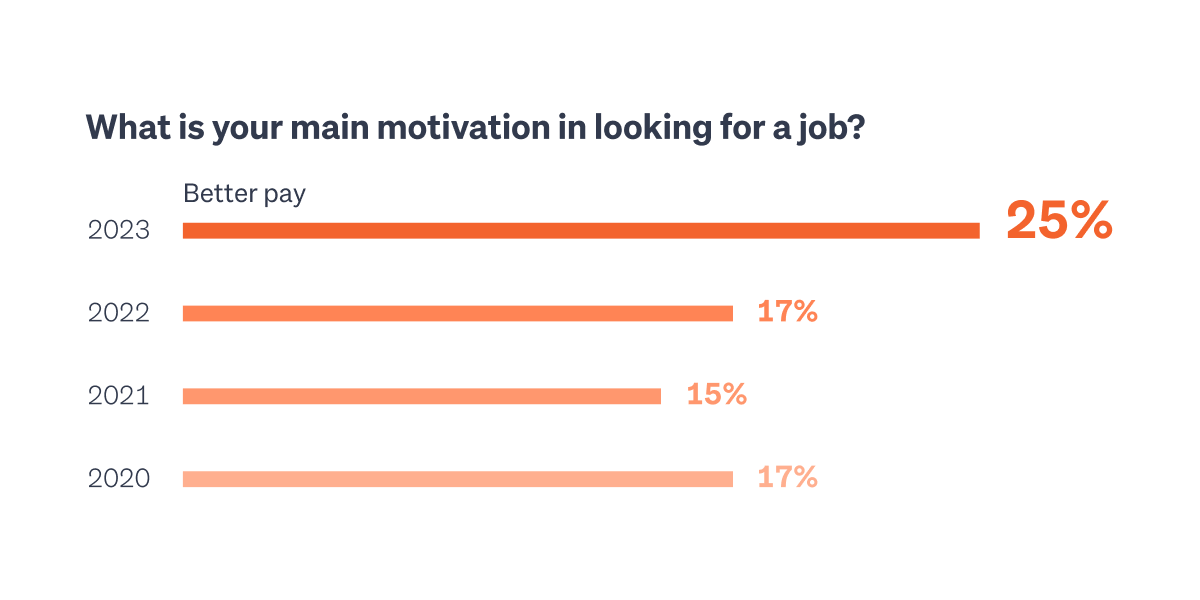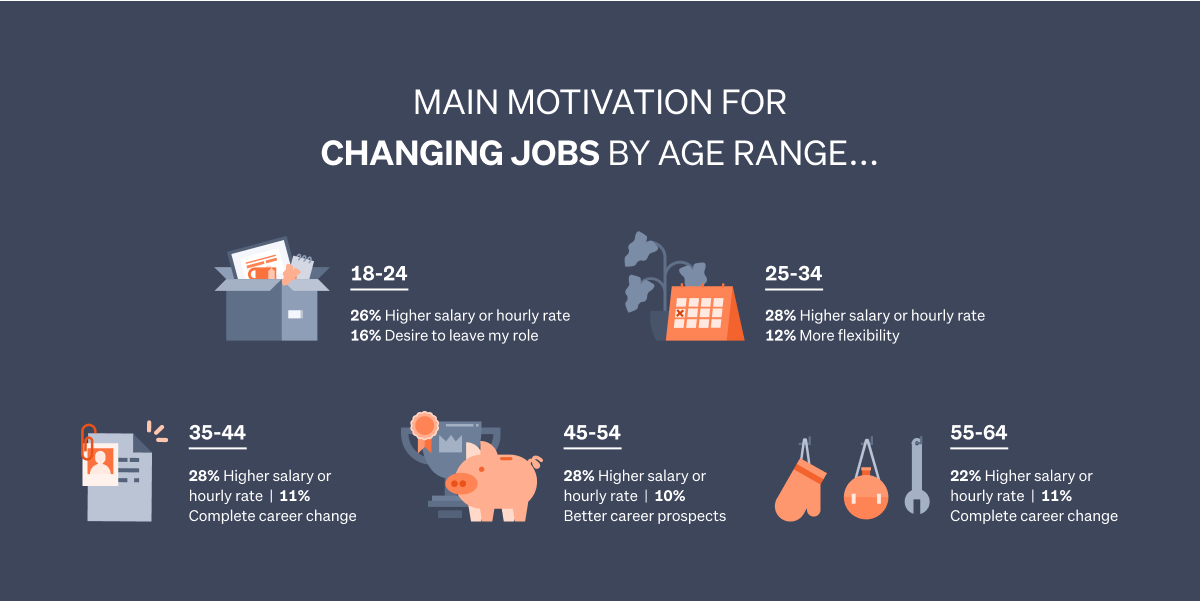Careers advice
Money on the mind: Pay rise or a new job?
With Kiwi worried about the cost of living, our experts weigh in on how to pursue better pay.
4 May 2023
4 May 2023
A snapshot of the current job market:
A new job or a raise – weighing up the options
While money is front of mind, it's important to consider the other aspects of changing jobs too.
Do your homework on any potential new employer
In a tighter market, ensure you weigh up the pros and cons of leaving your job.
Negotiating the salary on a new job
Negotiation is key when getting the pay you deserve.
How to leverage your job offer at your current employer for a higher salary
What your employer might be thinking when you come to them with another job offer
Author
Other articles you might like









